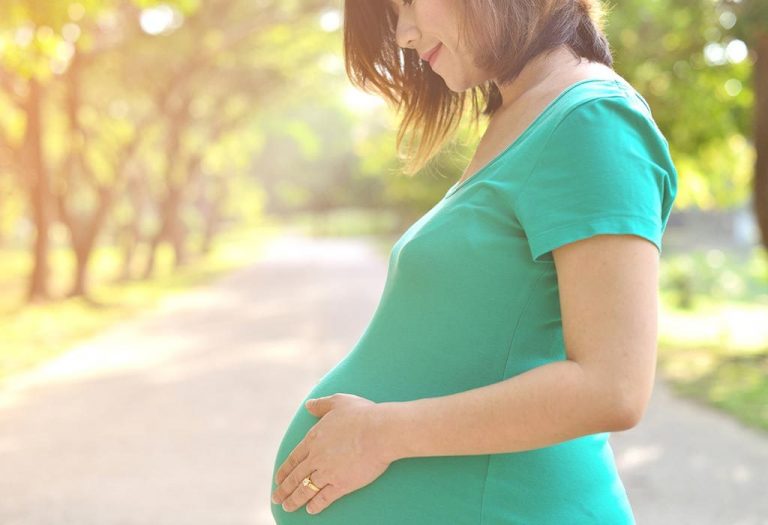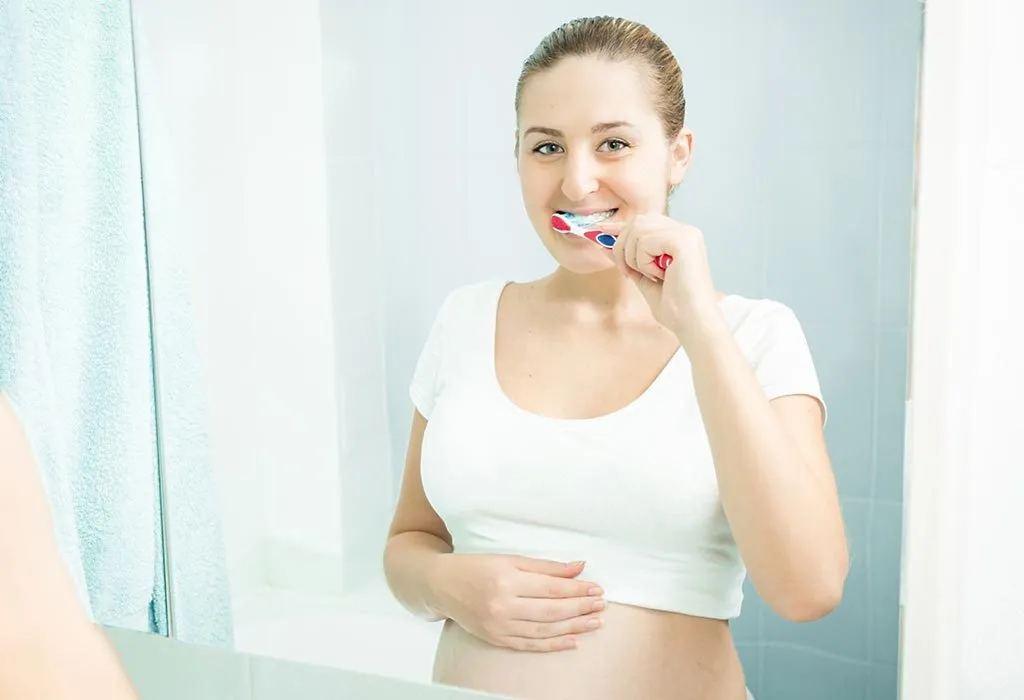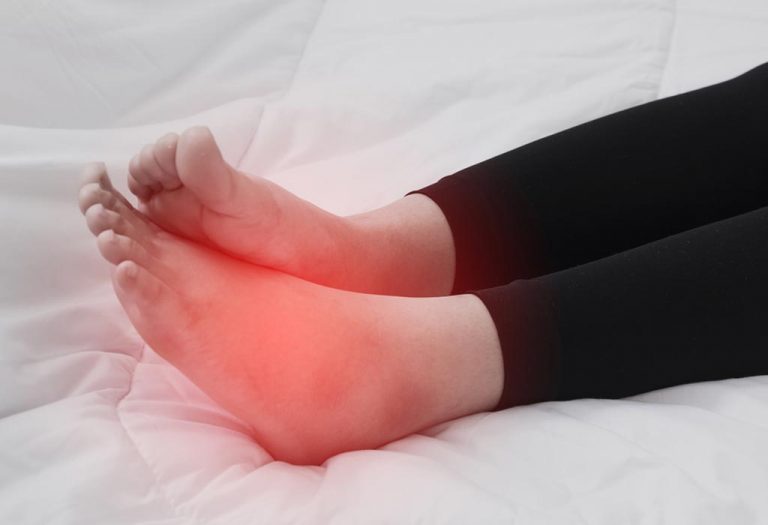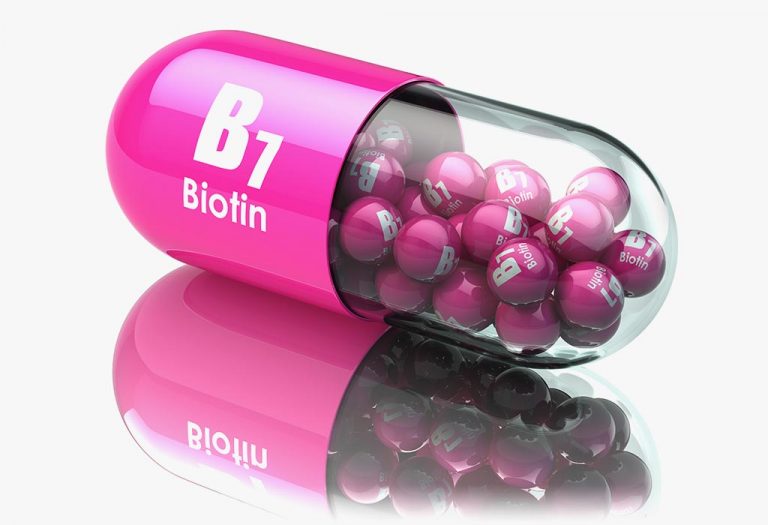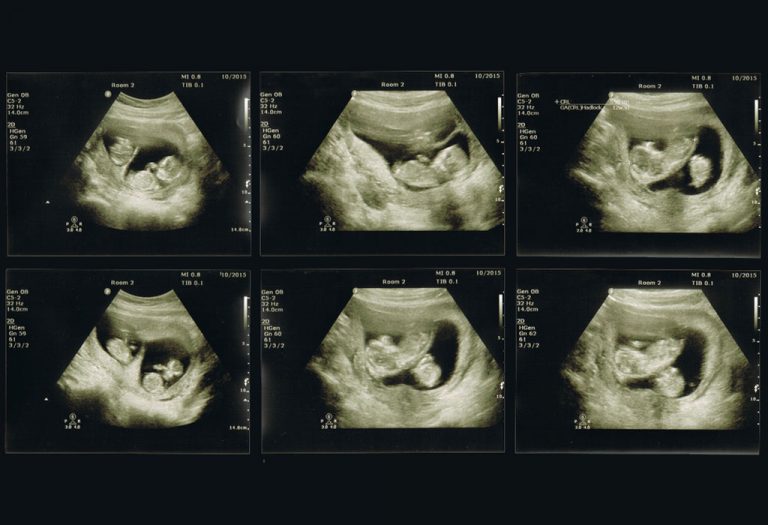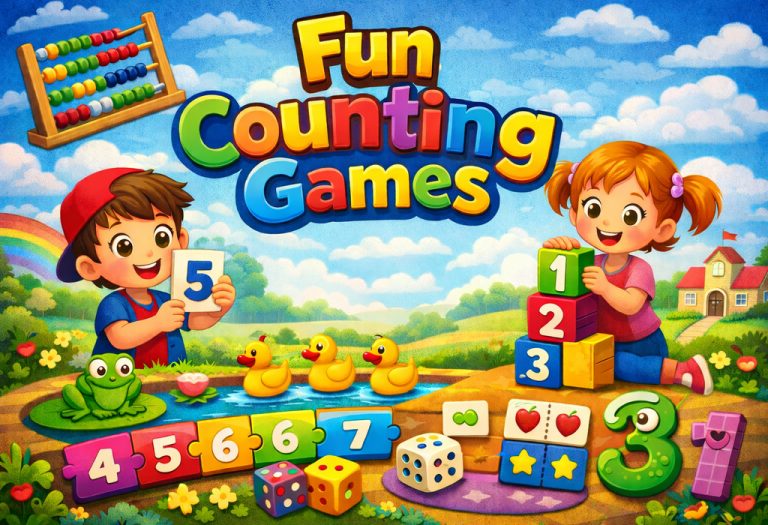Cleanliness During Pregnancy: Importance & Tips to Maintain It

Maintaining personal hygiene during pregnancy is just as important as having a nutritional diet and proper exercise to keep yourself healthy. Most women believe that staying away from dirty areas and washing their hands is equivalent to being hygienic. While those might be good starting points, that isn’t enough to cover all aspects of personal hygiene during pregnancy. Plus, with the weakened immune system during pregnancy, it becomes imperative that you take proper measures to keep hygiene in check. The importance of cleanliness during pregnancy cannot be stressed enough, and there are numerous aspects related to your body that you should focus on during this phase.
Why Is Hygiene Important in Pregnancy?
Be it during pregnancy or after delivery, every decision that you make which affects your body and your mind affects the well-being of your child. Even the most straightforward choices of keeping yourself clean are connected to the baby’s health as well.
Having poor hygiene can put you at risk of being exposed to numerous bacteria and microbes, all of which can get you infected since your immune system is not as strong as before. Certain infections can reach your baby and affect him as well, at his most vulnerable stage of growth, causing the possibility of long-term defects. Apart from bacteria, if any toxic chemicals or substances find their way inside you, the consequences could be catastrophic when all that could prevent it from happening would be simple basic hygiene.
How to Maintain Hygiene When Pregnant
There are a bunch of areas you ought to focus on when attempting to maintain proper hygiene in pregnancy.
1. Hair & Skin Hygiene
A lot of nutrients are taken from your body to help the child grow, which affects your skin in different ways. Furthermore, the secretion of oil within the glands of the hair gets a kick as well, causing oily hair to be a recurring situation in most pregnant women. Hence, shampooing your hair on a regular basis is essential to rid them of the excess oil and maintain hair texture. Since the skin can react quickly to any extremities, don’t spend extended hours in bathtubs or water. A shower is a better choice. When choosing soaps and shampoos, treat yourself to the mild ones made from natural oils and substances since they are safer and gentler on your skin (1). However, bathing is the easiest and safest way to the maintenance of hygiene.
2. Clothing
When organising your wardrobe for better clothes or purchasing newer ones, keep a few ideas in mind to help you choose better. Opt for clothes that you can wash with detergents that have antibacterial qualities. When choosing clothes, go for ones that are a bit loose and can be worn easily. Choose cotton clothes that can absorb sweat and change them as soon as they get sweaty. When purchasing a maternity bra, go for the one with pads that can absorb milk leaks from your nipples.
3. Personal Hygiene
Taking care of your own body, and specifically, your intimate regions, is a necessity at this stage to keep personal hygiene in pregnancy optimal. Bathe daily and pay extra attention to the pubic region to keep it clean and free from any infection. Choose soaps that are plain and natural. Experts usually recommend not using any harsh soaps or chemicals to clean the around near your vagina so that it doesn’t disturb its natural pH balance. Washing the genital area with cleaning water, in most cases, is enough (2). A consultation with the doctor around this topic is wise. Washing hands with soap and water before and after handling food, using the toilet, and after touching animals is extremely important (3).
4. Oral Hygiene
Dental hygiene and pregnancy go hand-in-hand since what you eat is what the baby eats as well. Taking care of your teeth and your gums becomes even more necessary, given the numerous changes within your body. Talk to your doctor about using a gum ointment to soothe the inflammation in them. An elevation in the levels of estrogen can cause them to swell up and be extra sensitive, which can hurt quite a bit (2). Gingivitis, dental cavities, bad breath, mouth dryness, loose teeth, etc., are some dental issues faced by many pregnant women (4). Do remember to brush your teeth and floss two times a day, no matter what. Keeping the buildup of plaque in check is necessary, and flossing can help you with that, too. regular teeth cleanings during pregnancy by a certified dental expert help find out dental problems and treat them timely (5).
To keep your oral health to the top, avoid sugar, dried fruits, candies, as much as possible. Gargling regularly with salt water or mouthwashes soothes sensitive gums and kills bacteria and eating fresh fruits and vegetables keep gums and teeth strong (4).
5. Breast Care
Breast hygiene during pregnancy is necessary, too. Most women observe colostrum leaks towards the end of the first trimester. This needs to be cleaned regularly, for damp breasts can easily get itchy and unhygienic. Change bra pads regularly after they get wet, and use lotions to treat nipple cracks, as suggested by your doctor. After your daily bath, make sure there is no soap left on your nipples. Leftover soap residue on nipples can make them dry and crack, making them vulnerable to infections (6).
6. Dietary Hygiene
Bathing daily and wearing clothes isn’t enough to protect yourself from harmful germs. You need to include strict dietary hygiene in your routine as well. Remember to wash your hands with antibacterial soap for at least 20 seconds before preparing and eating food, and keep a sanitiser handy whenever you are out and need to have some snacks (7). Make sure to wash the front and back of your hands, between your fingers, and your fingernails. Nails house dust and multitude of germs, therefore, nails should be clipped and cleaned. Wash your hands after handling raw foods, cleaning kitchen surfaces, and wiping up any spillage. Most of all, avoid food, juices, and drinks from outside vendors and restaurants as the chances of food contamination are high, and any food handled or prepared poorly can jeopardise your and your baby’s health (8). Avoid eating food that smells unusual or off and always have properly cooked and hot food as it destroys bacteria and pathogens.
FAQs
1. What food should pregnant women avoid during pregnancy to ensure proper hygiene?
According to the OASH, raw or uncooked fish, shellfish, poultry, eggs, deli meats, hot dogs, pre-prepared seafood and meat salads, raw sprouts, and unpasteurised milk and juice are usually unhygienically handled or prepared and may carry traces of harmful bacteria, including Salmonella typhi, E. coli, and Listeria monocytogenes. Thus, these foods should be strictly avoided during pregnancy (9).
2. What happens if unhygienic food is consumed during pregnancy?
According to a 2021 research published in the Foods, due to weakened immune response, pregnant women are at a high risk of foodborne diseases (FBD) and waterborne diseases, such as toxoplasmosis, listeriosis, cholera, and typhoid (10). Toxoplasmosis and listeriosis are extremely harmful to mothers and unborn babies as they can cause food poisoning, miscarriage, stillbirth, and several other pregnancy complications (11).
3. Can I douche during pregnancy?
Experts do not recommend douching during pregnancy unless your doctor specifically tells you to (12).
Hygiene is one factor that is important in every stage of life. Its importance increases when you are pregnant, and it works to your benefit in focusing on the specifics of it. Pretty soon, you will be holding your child in your own hands and feeding him off your breasts, so it is best you stay clean and healthy to have him the same way.
References/Resources:
1. Skin Care Tips During Pregnancy and After Birth; Health Hub; https://www.healthhub.sg/live-healthy/pregnancy-skin-care-tips-during-pregnancy-and-after-birth#
2. Mehta. H. D, et al.; study on good hygiene practices to stay healthy and protect unborn child during pregnancy; International Journal of Health Sciences; https://www.researchgate.net/publication/367349052_study_on_good_hygiene_practices_to_stay_healthy_and_protect_unborn_child_during_pregnancy; January 2023
3. Dean. J, P. Kendall; Food Safety During Pregnancy – 9.372; Colorado State University; https://extension.colostate.edu/topic-areas/nutrition-food-safety-health/food-safety-during-pregnancy-9-372/#; 2012
4. Yenen. Z, Ataçağ. T; Oral care in pregnancy; J Turk Ger Gynecol Assoc.; PubMed Central; https://www.ncbi.nlm.nih.gov/pmc/articles/PMC6883753/; December 2018
5. Dental health during pregnancy; March of Dimes; https://www.marchofdimes.org/find-support/topics/pregnancy/dental-health-during-pregnancy
6. Countryman. B. A; Breast Care in Pregnancy; JOGNN; https://www.jognn.org/article/S0090-0311(15)30414-2/fulltext; April 1972
7. Pregnancy and diet; BetterHealth Channel; https://www.betterhealth.vic.gov.au/health/healthyliving/pregnancy-and-diet#listeria-infection-and-pregnancy
8. Fruits, Veggies and Juices (Food Safety for Moms-to-Be); FDA; https://www.fda.gov/food/people-risk-foodborne-illness/fruits-veggies-and-juices-food-safety-moms-be
9. Eat Healthy During Pregnancy: Quick Tips; OASH; https://health.gov/myhealthfinder/pregnancy/nutrition-and-physical-activity/eat-healthy-during-pregnancy-quick-tips
10. Food Safety Booklet for Pregnant Women, Their Unborn Babies, and Children Under Five; FDA; https://www.fda.gov/food/people-risk-foodborne-illness/food-safety-booklet-pregnant-women-their-unborn-babies-and-children-under-five
11. Jevšnik. M, et al.; Food Safety Knowledge and Practices of Pregnant Women and Postpartum Mothers in Slovenia; Foods.; PubMed Central; https://www.ncbi.nlm.nih.gov/pmc/articles/PMC8535543/; October 2021
12. Douching; OASH; https://www.womenshealth.gov/a-z-topics/douching#
Also Read:
Cleaning during Pregnancy
Nesting Instinct in Pregnancy
Using Mouthwash when Pregnant
Breast and Nipple Care during Pregnancy
Household Work To Do & Avoid in Pregnancy
Was This Article Helpful?
Parenting is a huge responsibility, for you as a caregiver, but also for us as a parenting content platform. We understand that and take our responsibility of creating credible content seriously. FirstCry Parenting articles are written and published only after extensive research using factually sound references to deliver quality content that is accurate, validated by experts, and completely reliable. To understand how we go about creating content that is credible, read our editorial policy here.






